Thomas Schirrmacher
A Chinese government official once told me, a German, that China fears being prayed out of office, just as it happened in East Germany at the end of the Soviet empire! Yes, prayer and peaceful actions in many churches played a major role in the fall of the Berlin Wall and the Iron Curtain. But too many Christians relaxed after 1990, thinking that the age of persecution of Christians was over. They had overlooked the worsening situations in large countries like Iran and Pakistan, forgotten that China was still standing, and ignored the fact that not only atheists but also fundamentalist wings of Islam, Hinduism, and Buddhism were continuing to discriminate against and persecute Christians and others. Finally, albeit belatedly, the religious freedom specialists at the World Evangelical Alliance decided to get back to prayer for suffering Christians on the largest possible scale. One Sunday a year for the persecuted church—that should be possible for every local congregation!
Even though far too many churches and Christians still never think about their suffering sisters and brothers in Christ, thousands and thousands of churches have started to pray once a year. What was the result? I see three fruits of 20 years of IDOP.
- To suffer with the suffering no longer is something just for specialised agencies or special-interest groups in congregations. More and more, it has become an ongoing interest for every Christian, just as it should be according to the New Testament. IDOP, perhaps more than any other initiative, has raised awareness that persecution is not a rare or local thing that happens from time to time, here and there, but a permanent companion that accompanies preaching the gospel, planting churches and helping the needy.
- IDOP had a uniting effect. When people are suffering or even dying for Christ, it is not the time to discuss our differences. When united in prayer, Evangelicals, Pentecostals, and other Christians from even beyond our circles realised that we all live and die for the same Saviour. Meanwhile the “ecumenism of the martyrs” has become an important theme that corrects any ecumenism that tends to be built on the lowest common denominator.
- IDOP has had notable political fruit and influence. The German Evangelical Alliance started a German version of IDOP from the very beginning and placed the event on the church calendar of Germany. Some days before the first IDOP was held, the largest German newspaper quoted me on its cover. The reaction in the political world was immense. Not long afterwards, our federal parliament discussed the persecution of Christians. We had planned to pray, but God had planned much more.
I remember Christian members of the South African parliament visiting me in the German federal parliament to find out what we had done to get a large group of parliamentarians meeting every week around the topic of persecution, debates on religious persecution taking place in the parliament and the government incorporating the fight for the religious freedom of Christian minorities into its coalition treaties. My immediate reaction was to say, “We started IDOP.” Yes, of course, many Christians became active in politics, media and churches. But the effect was far beyond what we did. 2 Chronicles 7:14 says, “If my people, who are called by my name, will humble themselves and pray and seek my face and turn from their wicked ways, then will I hear from heaven and will forgive their sin and will heal their land.” This is our only real hope.
But there is an even broader political aspect. IDOP has become the largest regular religious freedom event held worldwide. Beyond praying for Christians, IDOP has highlighted the plight of people who belong to other religious groups and of adherents to non-religious worldviews in countries of concern. It has done more to make this situation known to millions around the world than has any other tool. So even though it is a Christian worship service, the effect has been positive for many other people of good will as well. Several governments have taken up the topic of religious freedom for all after years of IDOP in their country, as they know that the topic will not go away but will come up regularly, again and again.
We are like Esther, who was willing to offer her life on behalf of the endangered people of God. She organised the people of God to pray, but then God chose to change the situation by himself: “In that night the king could not sleep” (Esther 6:1). God changed everything, without Esther or anyone else, in one night. But after that, Esther was needed again: she went back to the king, told the missing part of the story and helped to save God’s people. God can change everything without us; we cannot change anything without God. But God wants us to ask him, and then, when he changes things, he makes us a part of his initiatives.
Thomas Schirrmacher is the director of the International Institute for Religious Freedom, Chair of the Theological Commission of the World Evangelical Alliance, its Moderator for Intrafaith and Interfaith Relations and member of the Religious Liberty Commission, which conducts IDOP. He is also President of the International Council of the International Society of Human Rights.
